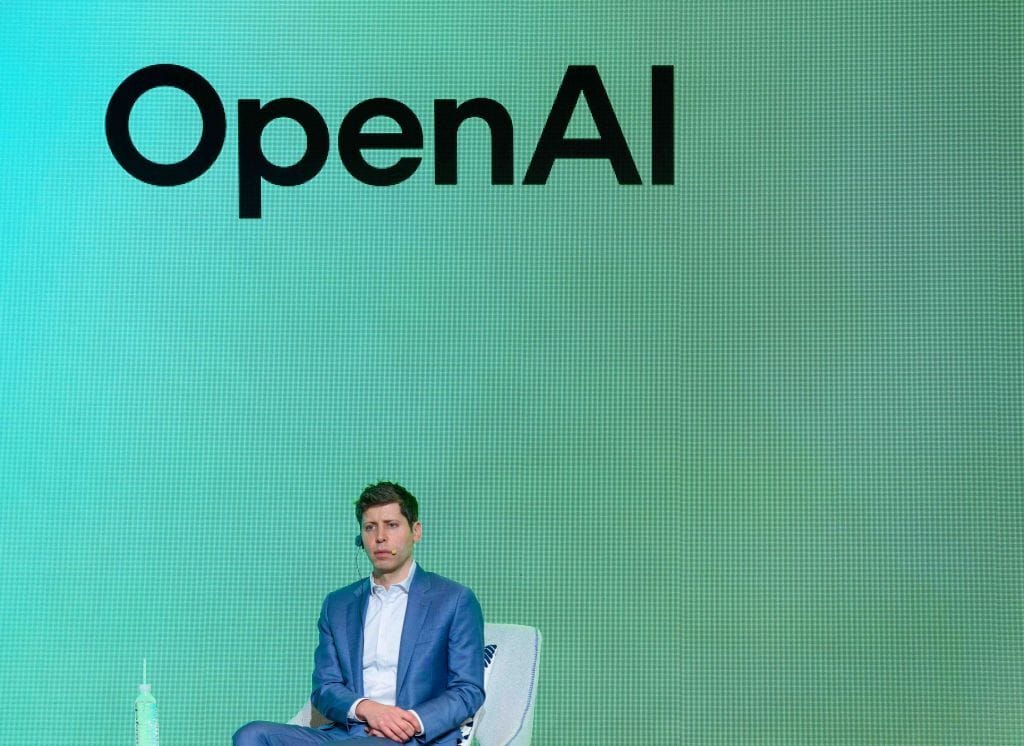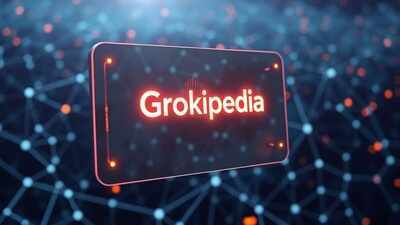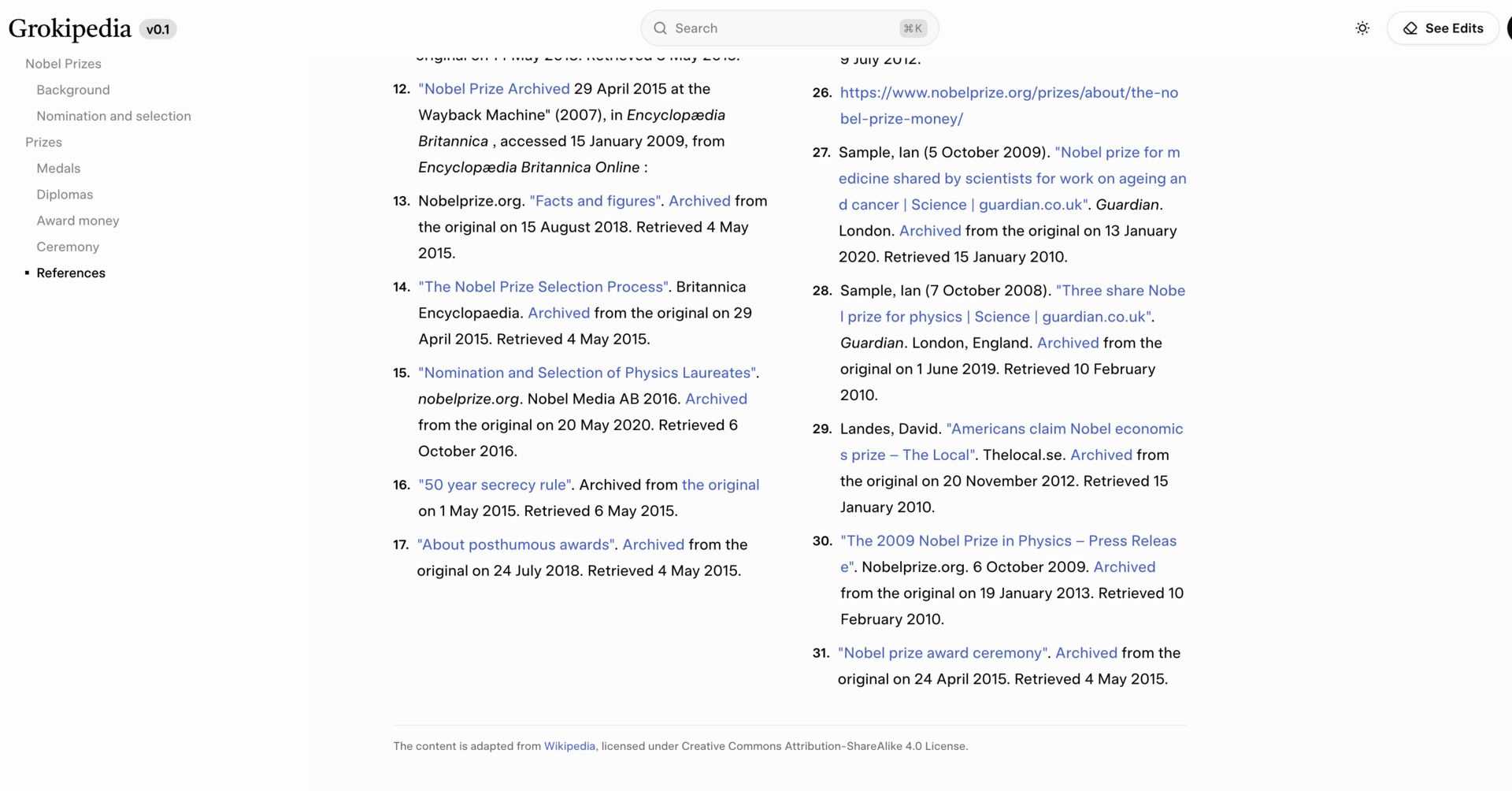
Welcome Automaters!
OpenAI just changed the game — again.
Behind the scenes, it pulled off a mind-bending legal and financial move that’s probably got Elon fuming, Microsoft grinning, and investors writing checks with way too many zeros.
Nobody’s sure what this means yet — but depending on who you ask, it’s either genius... or dangerous.
And yes one thing’s clear: AI’s next chapter just got way more interesting.
Here's what we have for you today
🤑 OpenAI’s For-Profit Shift: Inside the Billion-Dollar Restructuring That’s Redefining AI

Okay y’all, buckle up — because after months of rumors, lawsuits, and Elon-level drama, OpenAI officially completed its recapitalization.
Meaning: OpenAI is now a for-profit company... sitting inside a non-profit foundation.
Yeah, it’s as weird and futuristic as it sounds.
Here’s the gist:
The newly created OpenAI Foundation will legally control OpenAI Group, a for-profit public-benefit corporation that can now raise money, buy companies, and do big-tech things without all the legal handcuffs.
The foundation still calls the shots — it owns about 26% and appoints the board — but the for-profit side gets to go chase those billion-dollar deals. And get this: There’s a warrant for additional shares to be granted if the company continues to grow.
Microsoft, unsurprisingly, is sitting front row with roughly 27% stake worth around $135 billion, plus, they extended their exclusive rights to OpenAI’s tech through 2032.
Meanwhile, SoftBank’s $30 billion megainvestment — which was basically waiting on this moment — is now officially locked in. If you ask me, that's like strapping a jet engine to an already-fast rocket.
But this whole move didn’t come easy.
Elon Musk, who co-founded OpenAI before things got messy, tried to block the restructuring — even reportedly offered $97.4 billion to buy the company outright.
Regulators in California and Delaware also poked around, eventually green-lighting the deal with some guardrails: OpenAI has to keep mitigating risks to teens and the public as it keeps chasing AI and AGI.
So what does this actually mean for AI’s future?
In one word: acceleration.
With new funding freedom, OpenAI can build faster, experiment bolder, and compete harder with Anthropic, Google DeepMind, and whoever’s cooking next.
But it also raises that classic question: can a company chase profits while promising to serve humanity?
Chairman Bret Taylor insists they can — saying the new setup gives OpenAI “an updated structure to ensure progress serves everyone.”
Well, we’ll see. Because if OpenAI really does hit AGI, this structure means an independent panel will have to verify it — and the world’s most powerful tech might, for once, have to answer to someone other than shareholders.
So yeah — if nothing else, this means the stakes — ethical, social, existential — just got higher than ever.
To cap it all off, Sam Altman announced an open livestream with chief scientist Jakub Pachocki to take questions from the public — a move that screams transparency in this new era.
Which, if you ask me, is either a great sign... or a brilliant PR move.
Either way, OpenAI just rewired its own DNA — from a non-profit lab into a global tech empire with a conscience (we hope).
It’s faster, richer, and maybe just a little more complicated.
The next chapter of AI’s story starts right now — and trust me, you’ll want to be here for it.
Tech moves fast, but you're still playing catch-up?
That's exactly why 100K+ engineers working at Google, Meta, and Apple read The Code twice a week.
Here's what you get:
Curated tech news that shapes your career - Filtered from thousands of sources so you know what's coming 6 months early.
Practical resources you can use immediately - Real tutorials and tools that solve actual engineering problems.
Research papers and insights decoded - We break down complex tech so you understand what matters.
All delivered twice a week in just 2 short emails.
🔍 Elon Musk Launches “Grokipedia” to Rival Wikipedia

So… Elon Musk just decided the internet doesn’t have enough drama.
He’s officially launched Grokipedia — his AI-powered encyclopedia that’s supposed to take on Wikipedia (you know, the site he’s repeatedly called “left-biased”).
The site quietly dropped this week (precisely on Monday) under his AI company xAI, and even though it’s only at version 0.1, it already has around 885,000 articles, which sounds impressive — until you remember Wikipedia’s sitting on over 7 million English ones.
But of course, Musk being Musk, claims Grokipedia 1.0 will be “10× better.”
So what actually is Grokipedia?
Think Wikipedia, but with a Musk twist.
And here’s where it gets interesting — Grokipedia isn’t edited by humans like Wikipedia. It’s powered by AI, specifically Musk’s chatbot Grok, which supposedly “fact-checks” everything on the site.
So yes — we now have an AI-generated encyclopedia being fact-checked by another AI. I mean… what could go wrong? 🤷♀️
And fun fact: some entries are literally adapted from Wikipedia, complete with a tiny disclaimer at the bottom that basically says, “Hey, we borrowed this — thanks, Creative Commons.”

Oh and, according to Musk, the goal of Grokipedia is “the truth, the whole truth, and nothing but the truth.”
But the big question is: whose truth?
Because users are already spotting some wild differences between Grokipedia and Wikipedia.
Take Musk’s own page, for instance. Wikipedia describes him as a:
“polarizing figure” who’s been “criticized for making unscientific and misleading statements, including COVID-19 misinformation and promoting conspiracy theories, and affirming antisemitic, racist, and transphobic comments.”
Grokipedia’s version? Way softer.
It says Musk “has influenced broader debates on technological progress, demographic decline, and institutional biases.” After buying Twitter (now X), it claims he “prioritized content moderation reforms amid criticisms from legacy media outlets that exhibit systemic left-leaning tilts.”
Its source? Forbes’ billionaire rankings. That’s it. No direct citations, no articles, no receipts.
And it doesn’t stop there.
The George Floyd article on Grokipedia opens by describing him as “an American man with a lengthy criminal record,” years before his death — while Wikipedia’s version begins with “a man murdered by a white police officer.”
Grokipedia’s entry also focuses on the drugs in Floyd’s system, despite the medical examiner ruling his death a homicide.
To make things even murkier, Grokipedia cites a Texas obituary that doesn’t actually support what it claims.
When journalists reached out to xAI about these discrepancies, the official press email auto-replied with:
“Legacy Media Lies.”
So yeah, unlike Wikipedia — which has open editing, public revision histories, and community moderation — Grokipedia keeps its process under wraps.
Edits are limited, transparency’s fuzzy, and most importantly, it’s tied to a for-profit AI venture.
Meanwhile, the Wikimedia Foundation (that’s the nonprofit behind Wikipedia) threw some polite shade, saying:
“Our knowledge will always be human. AI companies literally need us to exist — even Grokipedia depends on Wikipedia’s data.”
Translation: “Cute project, Elon, but you’re standing on our shoulders.” 😏
Still, this move is classic Musk. While OpenAI, Google, and Perplexity are fighting over who builds the smartest AI browser, Musk’s out here trying to reinvent the truth itself.
Whether Grokipedia becomes a revolutionary step for online knowledge or just another Musk side quest, it’s the kind of curveball that’ll keep tech watchers hooked.
But one thing’s clear: the battle for who defines “truth” on the internet just got a new player.
If that poked at you — go read more here
✍️ Editor’s Corner
Hey Automaters,
Thanks for filling in the poll last week about more financial content - you spoke up, we listened!
Because of your feedback, we just launched the Automated AI Index, and we think you're going to love it. It's a curated watchlist of leading public AI companies—the ones shaping the future of tech. This free index is your window to track performance and spot trends across the most influential players in AI, from foundational models to data infrastructure.
But for premium subscribers, we are going to take it a step further. We're expanding the index to include private companies and early-stage innovators—giving you a truly comprehensive view of the AI ecosystem before they hit the headlines. Whether you're investing, building, or just staying ahead, the Automated AI Index is your new edge.
Click here to access the new Automated AI Index now.
Cheers,
Tak Lo, Editor, The Automated
🧱 Around The AI Block
🤩 Adobe Max 2025: all the latest creative tools and AI announcements.
🧠 Sam Altman’s next startup eyes using sound waves to read your brain.
🤯 Amazon is cutting 14,000 corporate jobs.
🤖 GitHub is launching a hub for multiple AI coding agents.
💃 OpenAI offers free ChatGPT Go for one year to all users in India.
🕵️♀️ Sam Altman says OpenAI will have a ‘legitimate AI researcher’ by 2028
🤝 PayPal partners with OpenAI to let users pay for their shopping within ChatGPT.
🛠️ Trending Tools
Pipiads is an ad spy and product research platform built to help advertisers (especially e-commerce dropshippers) gain a competitive edge on social media.
PawChamp offers effective training, behavior guidance, and comprehensive dog care education through tailored learning programs.
Chirpz AI is a research agent designed for academic and professional writers to find, read, and cite relevant academic papers without leaving their writing environment.
AI Clothes Changer lets you replace or generate clothing in photos for virtual try-ons or realistic outfit swaps.
AssignOwl creates high-quality assignment reports, offers instant grading with detailed feedback, and helps students level up their academic performance.
🤖 Google Gems Spotlight: Writing Editor Gem
Good writing isn’t just about spelling things right — it’s about sounding right. And that’s where Writing Editor Gem comes in.
It catches the grammar slip-ups, smooths out clunky sentences, and helps your tone land just right.
Whether you’re polishing a blog post, tightening an essay, or trying to make that email sound a little more you, this Gem’s got your back.
✨ Why it’s awesome:
Polishes, not rewrites: Fixes mistakes without erasing your personality.
Smart tone tuner: Want it confident? Friendly? Academic? It nails the vibe.
Teaches as it edits: You don’t just get corrections — you learn why your writing reads better.
Voice-safe zone: Improves clarity and flow without making you sound robotic.
Made for everyone: Students, creators, professionals — if you write words, this Gem’s your secret weapon.
💡 How to use it:
Drop your text into the Gem and tell it what you want — for example:
“Make this sound more professional.”
“Give this a friendly blog tone.”
You can even ask for feedback by section so it focuses exactly where you need it most.
⚡ Prompts to try:
“Edit this blog post to sound confident and natural — like I’m talking to a friend.”
“Proofread this email and fix the tone so it’s polite but assertive.”
“Give me feedback on this paragraph’s flow and structure.”Upgrade now to see this whole month’s prompt videos and more, or buy TODAY’S WOD for just $1.99
Is this your AI Workout of the Week (WoW)? Cast your vote!
That's all we've got for you today.
Did you like today's content? We'd love to hear from you! Please share your thoughts on our content below👇
What'd you think of today's email?
Your feedback means a lot to us and helps improve the quality of our newsletter.
🚀 Want your daily AI workout?
Premium members get daily video prompts, premium newsletter, an no-ad experience - and more!
🔓 Unlock Full AccessPremium members get::
- 👨🏻🏫 A 30% discount on the AI Education Library (a $600 value - and counting!)
- 📽️ Get the daily AI WoD (a $29.99 value!)
- ✅ Priority help with AI Troubleshooter
- ✅ Thursday premium newsletter
- ✅ No ad experience
- ✅ and more....



